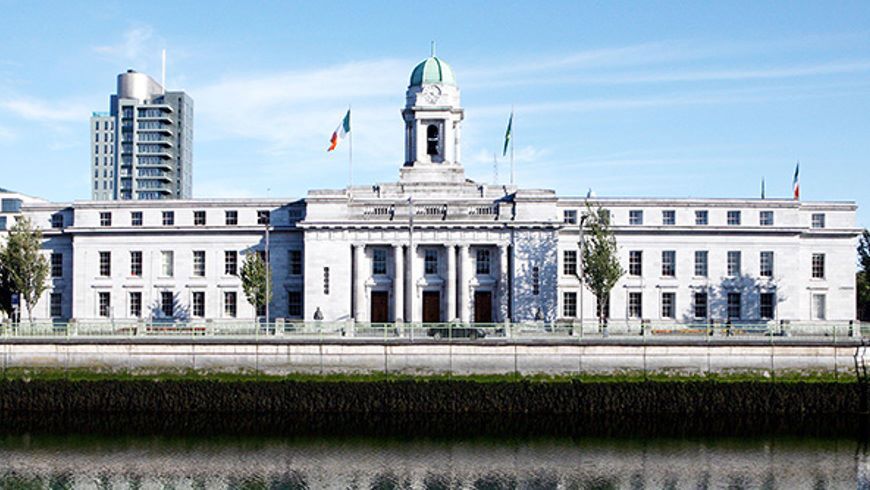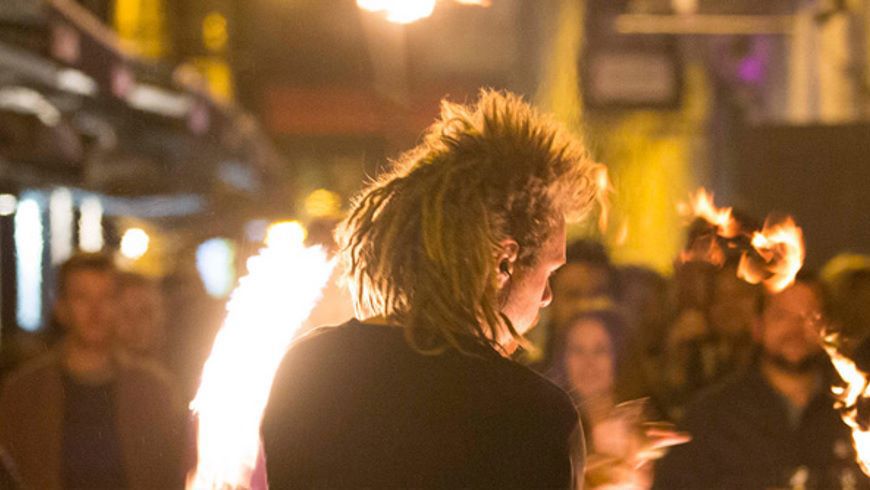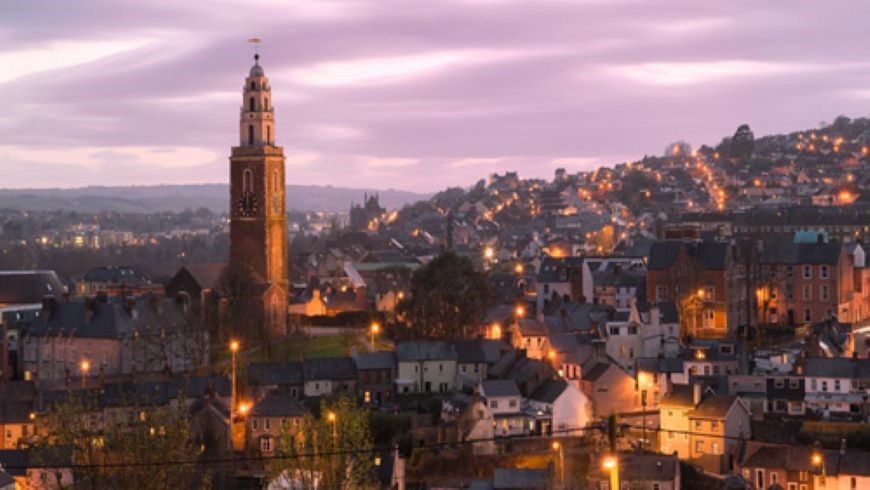Commemoration Fund
As we come to the end of the Decade of Centenaries, Cork City Council are seeking applications to fund projects that reflect the pride in Cork and its people and the roles they played in the events of 100 years ago. Cork played a pivotal role in the country’s War of Independence and subsequent Civil War. The 2023 Commemorations fund will support local groups, schools, organisations and individuals to commemorate and leave a legacy that will mark the significant local events across the city.
Lord Mayor, Cllr Deirdre Forde said “As we enter the final year of the Decade of Centenaries programme, we have seen community groups, schools and individuals delve into their local history to produce books, plays, murals, exhibitions, podcasts, recordings and many more engagements to mark the events that happened in our city over 100 years ago. From the ashes of the Burning of Cork in 1920, through the War of Independence and Civil War 1923 we have seen our city grow and prosper to ambitious plans for our future generations. I encourage all schools, communities, and individuals to engage with the commemoration fund to record local legacies for stories to be always shared about the proud history we have in our City and its people and the roles they have played in the events of 100 years ago.”
Objectives
- Re-affirm the importance of Dáil Éireann, and the ideals and principles of the men and women who played their part in the events of 100 years ago.
- Reflect pride in Cork and its people and the roles they played in the events of 100 years ago, pride in the Fire Brigade and their heroic efforts, and their resilience in rebuilding their city.
- Honour the courage of the so-called ‘ordinary’ people who took part in the struggle, and their perseverance in the face of adversity.
- Honour the reasons why they took part in the struggle and continue to seek to bring about the type of Ireland the Volunteers envisaged – equality, fairness, women’s rights, access to jobs and homes, and so on.
- Respect the past with an eye to the future, and examine events in the context of the time in which they happened.
- Recognize that history is not black and white, that stories most be told from all sides to allow for reconciliation and healing, and that the trauma of the period needs to be addressed, perhaps through the schools as an educational programme on the effects of conflict.
- Take care and time so that everyone feels welcome to be present at, and contribute to these events.
Themes
Projects could be covered under the broad themes listed below as per the National Commemoration Programme. These themes are offered to help develop initiatives and projects and encourage flexibility, community engagement and creative interpretations. Examples of themes below.
- Community-led commemoration and reflection; Remembering local legacies, personalities, places, events, and themes that have particular significance within counties, parishes, and communities.
- Respectful, sensitive, and non-partisan remembrance of all of those who suffered and died during the period from 1922-1923.
- The partitioning of Ireland – exploration of the impact and legacy of the events that occurred during this period on communities living along the newly established border and further afield.
- Ireland and the Wider World – exploration of the international dimension, including local connections, emigration, and the role of the Irish Diaspora in the events that occurred during the revolutionary period. Also, exploration of the evolution of all-island institutions following partition.
- Experiences of women - exploration of the experiences of women during this period and their contribution to the events that occurred, including their changing role in society.
- Establishing a New Order – Rebuilding the City.
- Exploration of the significance of local government reform and the evolution of new political and administrative structures at national and local level;
- Including the establishment of the various institutions of the Irish Free State (including Civil Service, the Defence Forces, An Garda Síochána, judiciary, and courts services);
- Development of new infrastructure (transportation, communications, postal services);
- Continuing the parliamentary tradition – an exploration of the prominent personalities and local issues associated with elections during this period, e.g. the 1922 and 1923 general elections.
- Looking ahead to the process of rebuilding a nation – reflections on healing, repairing and rebuilding after the Civil War – of people, communities, and places.
- A Changing Society during this period, including: The labour movement and civil disobedience; Popular social, cultural and civic movements; Social class and gender; The Irish language; The Land Question; The significance of sport in communities during this period; The humanitarian response during the period 1921 – 1923; The experiences of people in Ireland during this period who would today identify as part of the LGBTQ+ community; The experiences of minority ethnic groups in Ireland during this period; Innovation and developments in the fields of agriculture, industry, science, commerce, health, medicine, and education.
- Creative thinking and the arts – poetry, literature, music, theatre, and other art forms, 1921 – 1923. Potential initiatives could include (but not limited to) Initiatives such as films, podcasts, exhibitions, performances; Artistic commissions; Artist, writer, poets in residence programmes; Creative writing programmes; Art competitions; Initiatives that support engagement with older people, new communities, young people etc; Use of digital media.
Eligibility
All projects will be considered, taking note that the following activities are not eligible for funding from this allocation:
- Provision or maintenance of memorials, plaques, busts, or statues;
- Hiring or purchase of replica weapons or uniforms and military re-enactments;
- Production of commemorative medals or pins;
- General administration outside of the scope of the Decade of Centenaries Programme and other activities unrelated to the thematic strands of the programme; and
- Commercial activities.
Projects should publicly acknowledge Cork City Council in all communications and materials concerning activities supported by this grant funding. Cork City Council should be tagged on any related social media activity. The Commemorations team will be able to assist you with this.
Successful applications for funding will only be paid to the applicant organisation’s Bank Account. Please ensure you have your Bank Account details to hand if your application is successful.
ALL APPLICATIONS ARE TO BE RETURNED TO:
Karen Fitzgerald, Corporate Affairs and International Relations, Cork City Council, Floor 3, New Civic Offices, City Hall, Cork or emailed to commemorations@corkcity.ie by 4pm, Friday 10th February.
The closing date will be strictly adhered to.
Commemorations Fund Application Form 2023.pdf (size 427.4 KB)
Commemorations Fund Application Form 2023.docx (size 1.7 MB)
Details of Cork City Council’s Commemoration events, interviews, exhibitions, books, academia and cultural events can be found at www.corkcitycommemorations.ie



